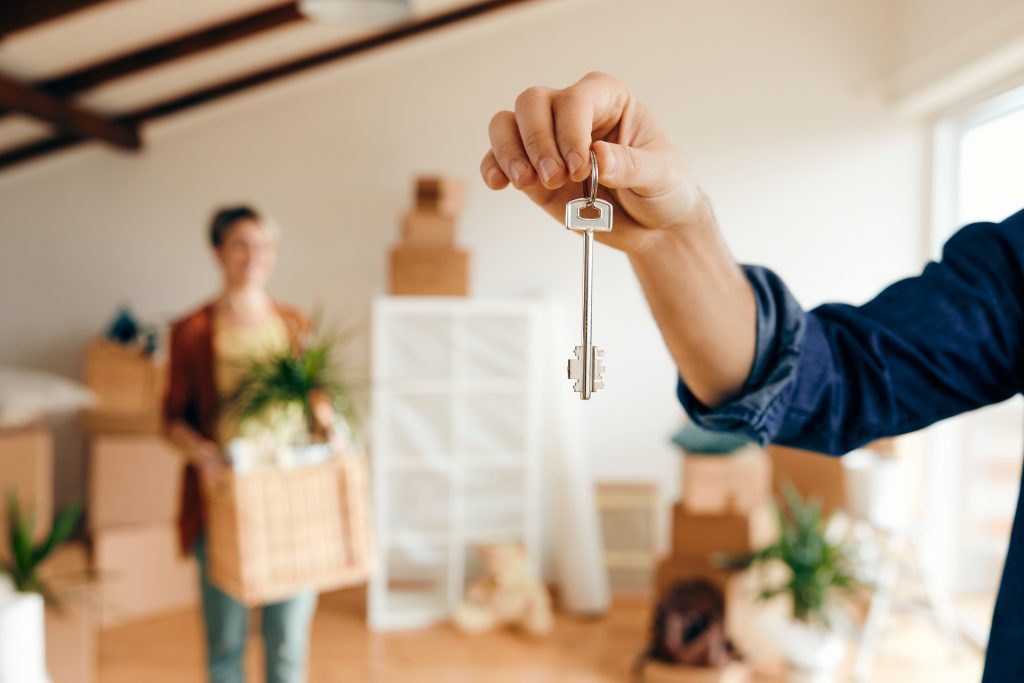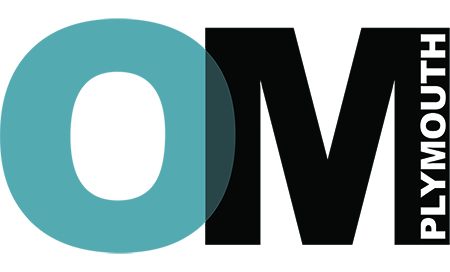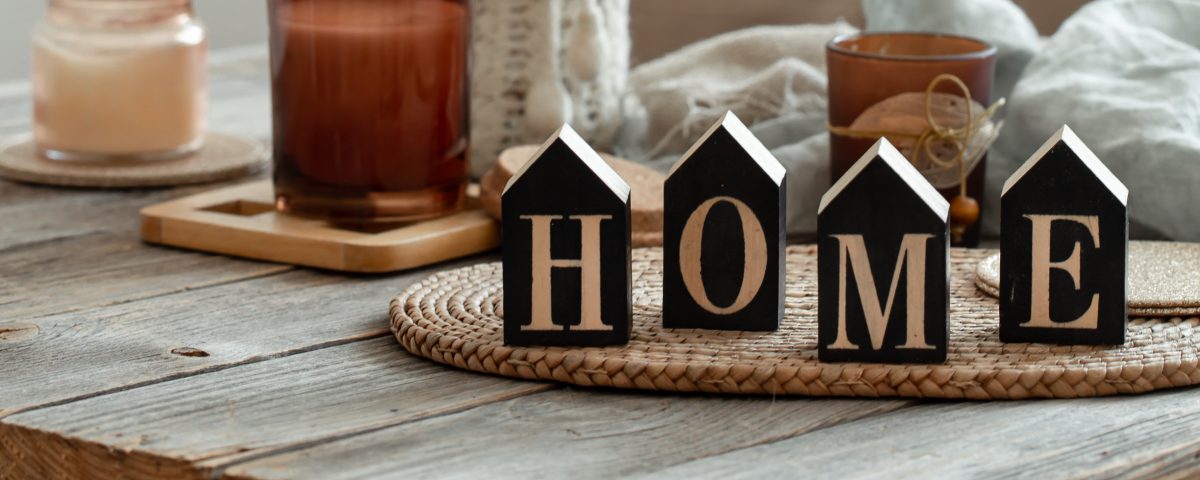Can you get a mortgage with zero deposit?

Plympton Community Magazine, February 2024
24th January 2024
Things to do on Valentine’s Day alone
25th January 2024
Categories
Tags
- 100 mortgage
- 100 mortgage for renters
- 100% mortgage criteria
- 100% mortgages
- 100% mortgages for renters
- can you get a mortgage with zero deposit
- mortgage advice
- mortgage for renters
- No deposit mortgage
- no deposit mortgage criteria
- no deposit mortgage for renters
- no deposit uk
- no mortgage
- what's a no deposit mortgage
With inflations at an all-time high, saving for a property has become increasingly difficult. But there could be light at the end of the tunnel yet with lenders now offering 100% mortgages.
Buying a house in the UK has always been deemed one of life’s goals. However, year on year the house-buying process for many first-time buyers has become increasingly difficult, now more than ever. But, there is now a glimmer of hope with the introduction of no-deposit mortgages.
It’s no secret that the house-buying process for first-time buyers has become pretty difficult, with the rise of living costs, rental increases and of course, the astronomical rise of property prices all whilst wages haven’t had the same increase to reflect these inflations.
This topic tends to start a debate between the Boomers and Gen X with Millennials as whilst property prices were lower in the 70’s and 80’s, so were the household earnings.
Let’s take a look at some numbers and stats over the last few decades;
The average house price in the 70’s sat at just £9,277 (equivalent of £68,493 today after inflation) with the average earnings at £2,265 (equivalent of £16,723 today after inflation). The average home during the 70s required 4.1 times the household income.
It climbed slightly in the 80s to 4.2 times the income and fell in the 90s to just 4 times income, making the 90s the most affordable decade since the 1970s to get on and climb the property ladder.
Since then, property prices have been on the rise, we’ve seen prices needing 6.7 times income and then hitting 7.1 in the 2010s. At present, for this decade the average house price is £286,489 which is 318% higher than the average home throughout the 70s. Of course, the average earnings have increased, but just to £32,432 which is only a 94% increase.
Today, a homebuyer requires 8.8 times income to cover the cost of a home, this has more than doubled since the 1970s. And with inflation across all fields, saving is pretty tricky especially if you’re a single person. BUT, not all is lost, you may be eligible for a 100% mortgage.
What is a no-deposit mortgage?
A 100% mortgage is as it says on the tin, the property price and loan amount are equal. The buyer does not need to put down a deposit.
Can anyone get a no-deposit mortgage?
The 100% mortgages are aimed for those who are struggling to save up enough for a deposit for a property.
How can you get a no-deposit mortgage? What is the criteria?
100% mortgages are designed to help first-time buyers get on the property ladder. The criteria is that the prospective buyer/s would need to be currently renting a property for the last 12 months.
What are guarantor mortgages?
Similar to when renters need a guarantor to rent a property, there is also the option for a mortgage guarantor.
This would need to be a family member or friend who already owns a home and would also be named on the mortgage too.
There are a couple of things the guarantor would need to agree to do if payments were missed;
The mortgage company would apply the charge to the guarantor's home - using the home as security.
The guarantor puts a lump sum of money in a savings account which remains there for the mortgage term.
Are no deposit mortgages risky? What are the Pro’s and Con’s?
For a traditional mortgage, there is a deposit which is almost like a small amount of security for the lender that shows you can progress with the purchase. This is a more secure way of buying because if property prices drop you won’t end up in “Negative Equity” as your deposit acts as a buffer.
When you progress with a 100% mortgage if the value of your property drops there is a chance you could be trapped in that mortgage as you can’t clear it by selling as your house no longer covers the value. So it can be a sticky situation to be in. This is why they are not common practice and why Skipton Building Society require the rental evidence of repayments.
Pros;
A good way to get on the ladder to the property market
Secure way to build equity whilst owning a property which can then progress to traditional mortgage routes after the initial 5 years when remortgaging.
Good way for people who are renting to move without having to have large deposit which is hard to gather while renting.
Rates and products being offered are comparable currently to standard mortgages, so no major financial loss there and cheaper than renting.
Con’s:
Risk of negative equity
Strict criteria as the lender can cherry-pick the clients they actually want to lend to.
In 5 years you still may not have enough funds/equity to proceed to a standard mortgage which means longer on a slightly higher-interest mortgage. Effectively the lender dictates what they want to give you.






